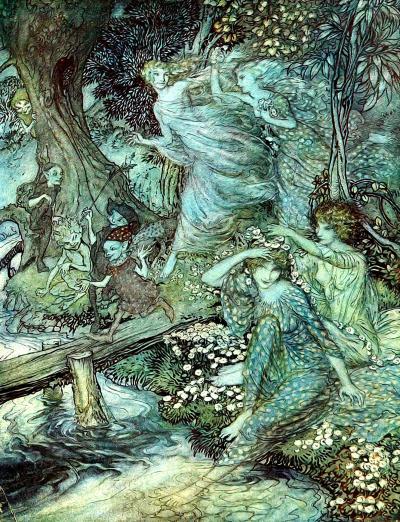The Spell of a Retell

From tales as old as writing itself, such as The Odyssey and Gilgamesh, to "newer" pieces like The Wonderful Wizard of Oz and The Catcher in the Rye, there have always been works that stood the test of time and earned the title of a classic. And with every classic added to the pantheon of literature comes a desire to twist them.
The original work often has themes and messages that made them standouts of their time. But retelling the story allows another author to add personal touches and modern concepts. The Great Gatsby conveys the harsh reality of trying to attain the American dream, so reworking it from the perspective of an immigrant adds a new approach to an old ideal. Making the beast in Beauty and the Beast an allegory for social anxiety would be a perfect fit for our modern world.
While there is some disagreement among the book community about whether a retelling is "lazy," I think it takes just as much effort to write an original novel as it does to rework an old one. And considering how popular retellings are, I can't be the only one who feels this way. There's a charm in that endeavor—grabbing old strands of a story and weaving them with new ones to make something different—that exists in no other form of writing.
It's a grand "what if" we play with popular content. I think it's why we're drawn to retellings, to read or create them. It's fun to take a fairy tale you enjoyed as a kid and delve deeper so that it hits a little harder as an adult. A pinch of nostalgia mixed with current emotional turmoil; what more could you want as a reader?
Fantasy Retellings:
How To Be Eaten by Maria Adelmann
The Witch's Heart by Genevieve Gornichec
Uprooted by Naomi Novik
Six-Gun Snow White by Catherynne M. Valente
Classic Retellings:
Recipe For Persuasion by Sonali Dev
Meg & Jo by Virginia Kantra
Juliet by Anne Fortier
Hag-Seed by Margaret Atwood